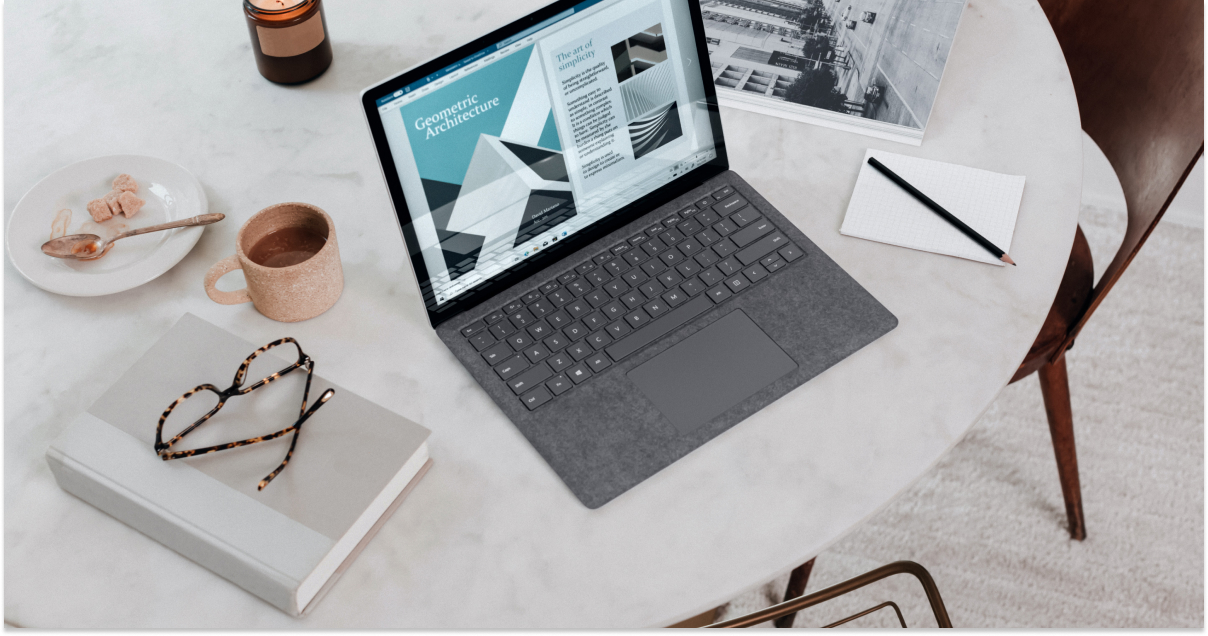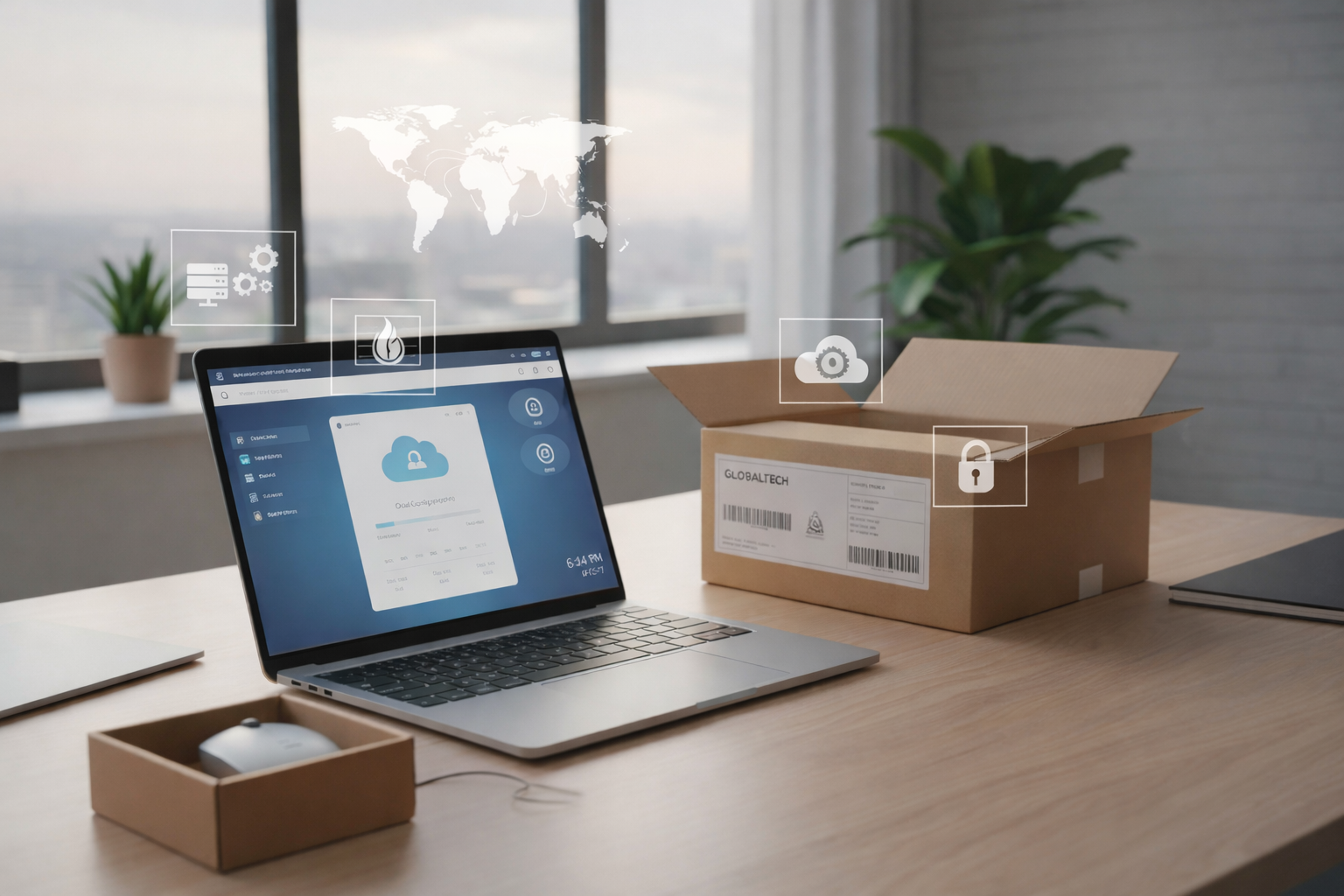Okay, you’re building something amazing – a startup that’s ready to disrupt the world. But let’s face it, capital is often tight in those early days. So, when it comes to equipping your team with the laptops they need, you’re probably searching for every possible avenue to save money. Ever considered those “laptops lease to own” programs you’ve seen advertised?
The appeal is obvious: no credit checks, low initial payment, and the promise of ownership down the line. But before you dive in headfirst, it’s crucial to understand what you’re really getting into. Is lease-to-own a smart financial strategy for your business, or a potential trap that could end up costing you more in the long run?
In this post, we’ll break down everything you need to know about laptop lease-to-own models, exposing both the benefits and the drawbacks. You’ll learn if this approach fits your budget, and whether it’s truly the best way to equip your team for success. Let’s get started.
Understanding lease-to-own laptops
So, what exactly is a lease-to-own laptop? Simply put, it’s an agreement where you make regular payments for a laptop over a set period, and at the end of that term, you own it.
But don’t confuse it with a traditional lease or a rent-to-own agreement. The major difference is in the details of the agreement, most notably the costs and fees involved, and who is responsible for maintenance and repairs. A consumer rental purchase agreement, for example, is structured to allow the customer to terminate the agreement at any time, offering a degree of flexibility that a traditional lease might not.
Here are a few core components that will help you understand how lease-to-own arrangements work:
The agreement
This document spells out the terms of the arrangement, including the length of the agreement (lease term), payment amounts, and the eventual ownership transfer.
The payment option
You will need to select payment options. The main advantage is that lease-to-own agreements typically don’t require a credit check, making them accessible to many businesses. You will pay your fees using a credit or debit card.
The lease term
The length of time you’re committed to making payments. This can vary considerably, often 12 months, but sometimes longer. Longer terms mean smaller payments, but you’ll pay significantly more in interest over time.
The ownership transfer
Only after you make all the scheduled payments will you get to own the laptop.

The benefits of laptop lease-to-own
Why do businesses consider laptop lease-to-own, despite the potential downsides? Here are the primary draws:
Easy accessibility
For many startups, getting approved for traditional financing can be a challenge. Laptop lease-to-own programs offer a way to acquire needed equipment without the hurdles of credit checks or extensive financial documentation. If your business has a limited credit history, this can be a major advantage.
No credit check
As mentioned above, the absence of a credit check makes these agreements appealing for those with limited or damaged credit. This allows smaller businesses to access technology that they might otherwise be unable to get with bad credit.
The chance to own
Ultimately, the draw is owning the hardware. For some businesses, having that asset on their books matters.
What you need to consider before leasing
While laptop lease-to-own can seem appealing, it’s essential to proceed with caution. There are several significant factors you need to carefully consider:
High cost (with possible interest)
The biggest drawback is the overall cost. Lease-to-own programs often come with very high interest rates or fees, meaning you’ll pay significantly more for the laptop than its actual cash price if you had bought it outright. The rental purchase agreement rent might look affordable, but it adds up fast. You also must be aware of the added costs that vary by location.
Limited selection
You will be required to purchase certain brands. Not all laptops are available through lease-to-own programs, so your choices may be limited. You may not be able to get the exact model or configuration you need for your business, and will be forced to buy from store locations.
Risk of ownership and penalties
What happens if the laptop breaks down during the lease term? Will you be responsible for repairs? What if you need to terminate the agreement early? You might face stiff penalties, even if you return the equipment. It is also important to ask what the penalties are if a payment is missed.
Is laptop lease-to-own right for you?
So, after considering the benefits and drawbacks, who is laptop lease-to-own actually right for?
Cash-strapped startups (maybe)
If you absolutely need laptops right now but have zero access to other forms of financing, and if other rental agreements don’t work for you, then a lease-to-own arrangement could be a last resort. Just be sure you’ve explored every other possible option first. Also, be sure that the flexible payment options are actually flexible and not a trap.
If you know you don’t meet any credit approval requirements
The inability to meet the requirements might mean that lease-to-own is something you should consider, but remember to proceed with caution and make sure you are not setting yourself up for failure.
Individuals with bad credit (probably not for a business)
Lease-to-own is primarily geared toward individuals with poor credit. It’s generally not a recommended strategy for a business, as it likely indicates deeper financial issues that need to be addressed.
However, proceed with extreme caution. For most businesses, there are far better options available.
Alternatives to laptop lease-to-own
Before committing to a laptop lease-to-own agreement, explore these alternative financing options:
Outright purchases
If you have the capital available, buying laptops outright is almost always the most cost-effective choice in the long run.
Business credit cards
Many business credit cards offer attractive rewards programs and introductory 0% APR periods. This can be a great way to finance laptop purchases without paying interest, provided you pay off the balance before the promotional period ends.
Small business loans
If you need to finance a large purchase, consider applying for a small business loan from a bank, credit union, or online lender.
Traditional leasing
As discussed in our other post, traditional laptop leasing (without the “ownership” component) can provide significant cash flow benefits and access to the latest technology.
Device-as-a-Service (DaaS)
Consider a DaaS model. It offers bundled IT support, hardware upgrades, and lifecycle management. Services such as Esevel provide everything your business needs for global scalability and to meet requirements.
These alternatives will likely offer far better terms and overall value than a lease-to-own arrangement.
Tips to maximize value (if you still choose lease-to-own)
Okay, so you’ve carefully considered all the alternatives, and you’re still leaning towards a laptop lease-to-own agreement. If that’s the case, here are some tips to maximize value and minimize risk:
Compare total costs
Don’t just focus on the monthly payment. Calculate the total cost of the laptop over the entire lease term, including all interest, fees, and taxes. Then, compare that to the cash price of buying the laptop outright. That calculation should highlight just how much extra you’re paying for the convenience of lease-to-own.
Read reviews carefully
Not all lease-to-own providers are created equal. Read online reviews and check with the Better Business Bureau to ensure you’re dealing with a reputable company. Pay close attention to complaints about hidden fees, deceptive practices, or poor customer service.
Look for an exercise of an early purchase option
An early purchase option will likely save you money.
A little due diligence can go a long way in protecting your business from predatory lenders.
Lease-to-own laptops: are the costs worth it?
Laptop lease-to-own agreements can seem like a lifeline for cash-strapped startups. The appeal of easy access and eventual ownership is undeniable. However, it’s essential to approach these agreements with extreme caution.
The high costs, limited selection, and potential penalties often outweigh the benefits, especially when compared to other financing options.
Before diving into a lease-to-own program, carefully consider your company’s financial situation, explore all available alternatives, and shop around for the best possible terms. And remember, managing your IT effectively doesn’t have to be a financial burden.
Partnering with Esevel allows you to focus on growing your business without worrying about the hassle of IT procurement and management. By taking care of your business’s IT needs, such as security policies and hardware maintenance, the business can better focus on growing.







